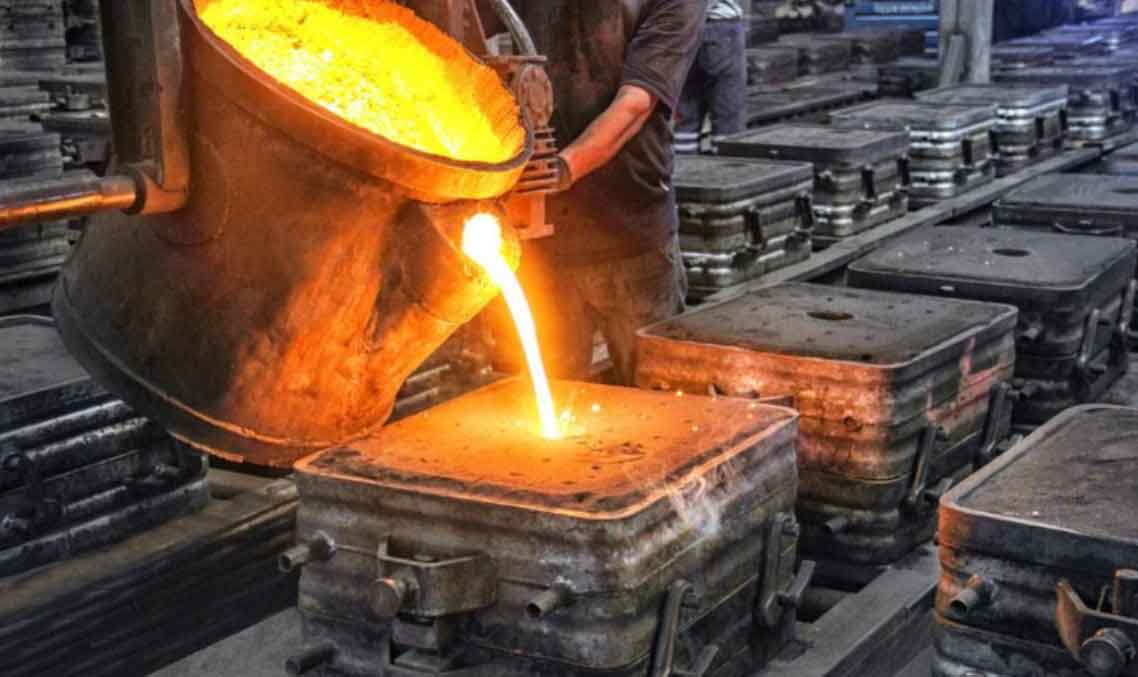
Sand casting offers several advantages that make it a preferred choice for manufacturers in various industries. These advantages contribute to its widespread use and popularity in producing a wide range of metal components. Here are some key advantages of sand casting:
1. Versatility:
- Sand casting is a versatile process that can be used to create complex and intricate geometries, making it suitable for a wide variety of part sizes and shapes.
2. Design Freedom:
- Sand casting provides designers with considerable design freedom due to its flexibility and ability to produce intricate details and shapes that may be challenging or costly with other casting methods.
3. Cost-Effectiveness:
- Sand casting is relatively cost-effective compared to other casting processes, especially for low to medium production volumes. The tooling costs are generally lower, making it a cost-efficient choice for smaller production runs.
4. Material Flexibility:
- Sand casting can accommodate a wide range of materials, including ferrous and non-ferrous alloys, making it suitable for various applications across different industries.
5. Rapid Prototyping:
- Sand casting allows for rapid prototyping and quick iteration of designs, enabling manufacturers to validate and improve the design before proceeding to full-scale production.
6. Mold Reusability:
- Sand molds can be reused in some cases, which reduces the overall cost of production and makes it more environmentally friendly than single-use molds.
7. Complex Cores:
- Sand casting can incorporate complex cores, allowing for the creation of hollow or intricate shapes in the final casting.
8. Large Castings:
- Sand casting is capable of producing large and heavy castings, making it suitable for various applications, including industrial machinery and equipment.
9. Low Tooling Lead Time:
- The lead time for creating the initial patterns and molds is relatively short, making sand casting a favorable option for projects with tight timelines.
10. Wide Application Range:
- Sand casting is used in a diverse range of industries, including automotive, aerospace, construction, marine, and more, demonstrating its adaptability to various applications.
11. Wide Foundry Availability:
- Sand casting is widely available, and many foundries have expertise in this process, making it accessible for manufacturers worldwide.
12. Surface Finish and Tolerances:
- With proper gating and risering design, sand casting can achieve good surface finish and dimensional tolerances in the final castings.
The advantages of sand casting, including its design flexibility, cost-effectiveness, and wide range of material applications, make it a preferred choice for manufacturers seeking a versatile and efficient casting method.
